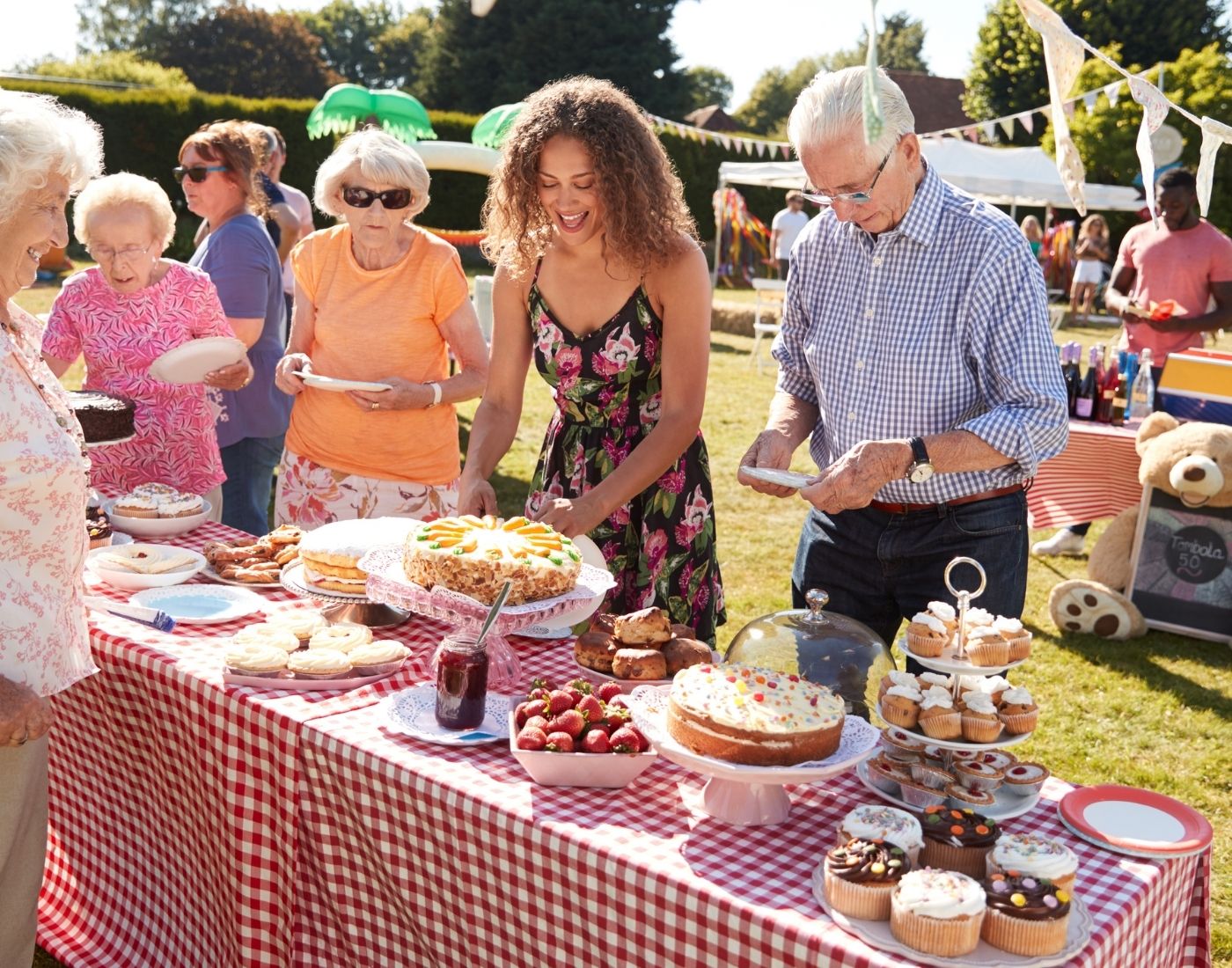Many foods included in a buffet, such as cold meats and sandwich fillings, require chilling and should be left out of the fridge for the shortest time possible and for no more than four hours. After this time, any remaining food should be thrown away or put back in the fridge. If you put the food back in the fridge don’t let it stand around at room temperature when you serve it again.
All foods which are to be held hot prior to serving must be kept above 63°C. These foods should be placed in appropriate equipment, for example a pre-heated bain-marie/hot cabinet, as soon as possible after reheating or cooking.
Once food has been cooked, if you want to re-heat it for an event it should be chilled as quickly as possible and refrigerated before being re-heated to 82°C . However this is not required of food that would be spoiled by reheating to this level. Remember food should only be reheated once.

